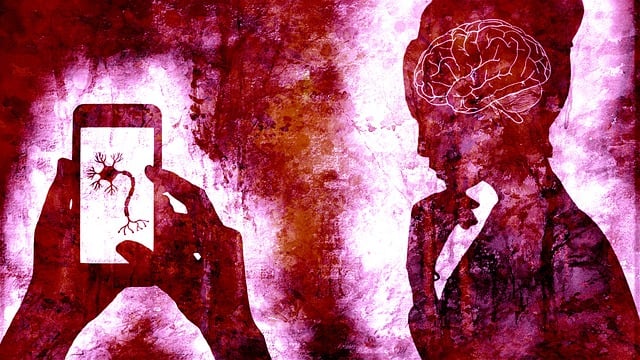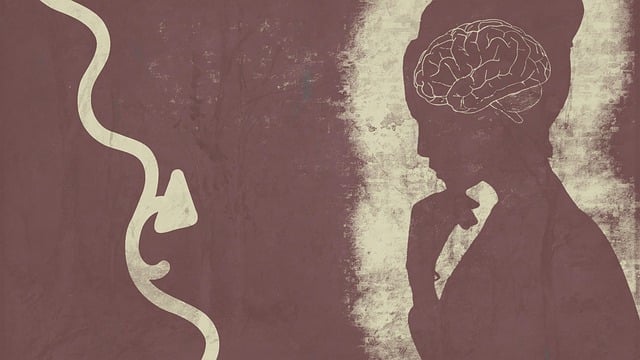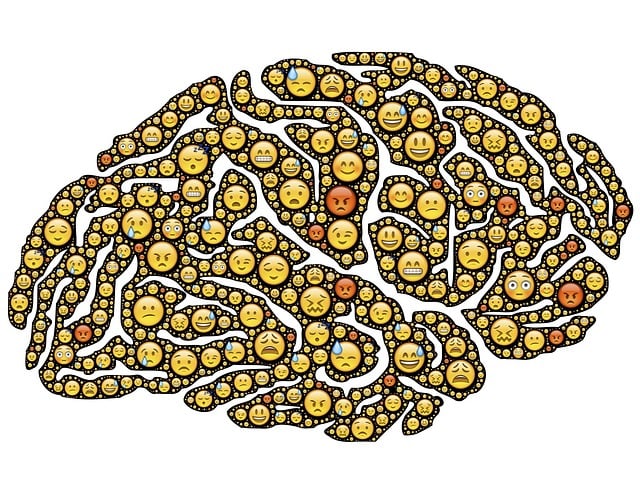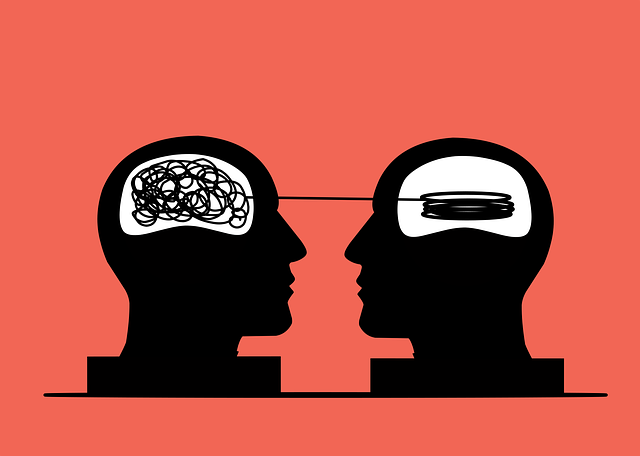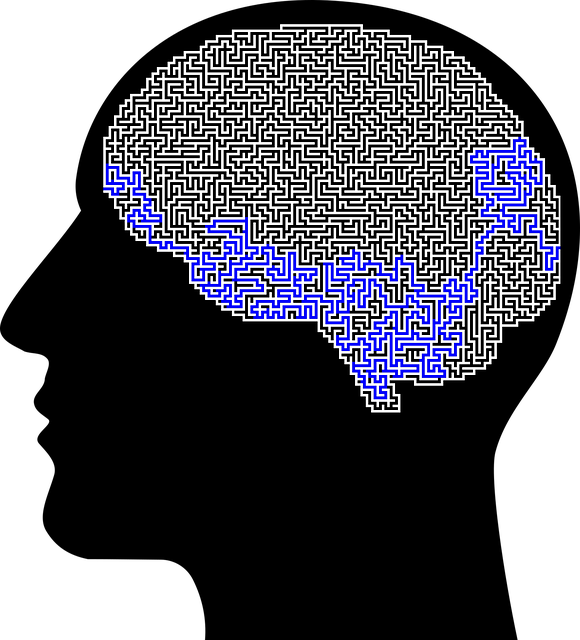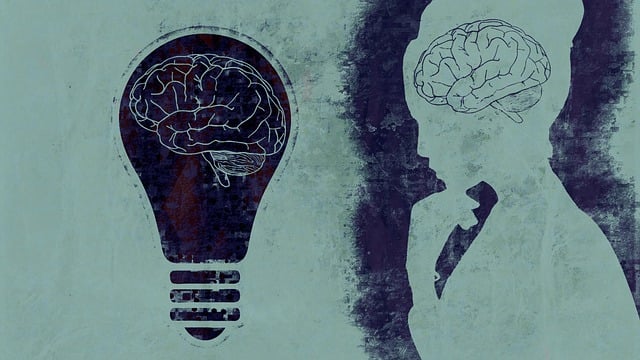Elders face unique challenges like isolation, depression, and anxiety, emphasizing the need for tailored support. EMDR therapy emerges as a powerful tool, helping seniors process trauma and anxiety through bilateral stimulation and dual focus on distressing memories and positive beliefs. This approach enhances coping abilities, mental health awareness, and overall well-being, preventing burnout among healthcare providers. Combining EMDR with self-care practices like exercise, meditation, and balanced diets empowers elders to take charge of their emotional health, fostering fulfilling lives despite age-related challenges.
Coping skills development is a vital aspect of maintaining mental well-being, especially for elders navigating life’s challenges. This article explores effective strategies to enhance coping abilities, focusing on EMDR (Eye Movement Desensitization and Reprocessing) therapy as a powerful tool. We delve into the significance of understanding elderly individuals’ unique struggles and provide practical insights. Case studies highlight the success of EMDR-certified therapists in assisting elders, offering hope and guidance for those seeking improved mental resilience through tailored therapy approaches.
- Understanding Coping Skills and Their Significance for Elders
- The Role of EMDR Therapy in Enhancing Coping Abilities
- Identifying and Overcoming Common Challenges Faced by Elderly Individuals
- Practical Strategies for Cultivating Effective Coping Mechanisms
- Case Studies: Success Stories of EMDR Certified Therapists Assisting Elders
Understanding Coping Skills and Their Significance for Elders

Understanding coping skills is paramount when considering the well-being of elders. These skills serve as adaptive mechanisms, enabling individuals to navigate life’s challenges and maintain emotional equilibrium. For seniors, effective coping strategies become even more critical as they often face various physical and cognitive changes, along with social transitions. Developing robust coping skills can significantly enhance their quality of life and overall emotional well-being.
The significance of these skills is further underscored by the potential for burnout among healthcare providers assisting elderly individuals. Recognizing and fostering inner strength development through techniques like EMDR (Eye Movement Desensitization and Reprocessing) certified therapy can be a game-changer. Such therapeutic approaches not only promote emotional well-being promotion techniques but also serve as robust burnout prevention strategies for healthcare providers dedicated to serving this demographic.
The Role of EMDR Therapy in Enhancing Coping Abilities

EMDR (Eye Movement Desensitization and Reprocessing) therapy has emerged as a powerful tool to enhance coping abilities, particularly for elders. This innovative approach is designed to help individuals process traumatic memories and emotions, thereby improving their mental health awareness and overall well-being. By facilitating emotional healing processes, EMDR certified therapists enable clients to work through past experiences that may be affecting their present coping strategies.
The therapy encourages a dual focus on the distressing memory and a set of positive beliefs, simultaneously engaging the client in bilateral stimulation, typically through side-to-side eye movements or other forms of tactile or auditory stimulation. This unique method allows for the reprocessing of traumatic memories, reducing their emotional intensity. As a result, individuals can develop more effective coping mechanisms, enhancing their ability to navigate life’s challenges and stresses, even without relying on external support. This approach has been particularly beneficial in stress management workshops organized by mental health awareness initiatives.
Identifying and Overcoming Common Challenges Faced by Elderly Individuals

Many elderly individuals face unique challenges that can impact their overall well-being and quality of life. Identifying and addressing these issues is crucial for promoting healthy aging. Common struggles include social isolation, depression, anxiety, and coping with significant life changes such as retirement or the loss of a loved one. These experiences can be further complicated by physical health concerns, making it essential to provide support tailored to their needs.
One effective approach in assisting seniors is through therapy, particularly EMDR (Eye Movement Desensitization and Reprocessing) certified programs, which have shown success in treating trauma and anxiety. This type of therapy empowers elders to process past experiences and develop healthier coping skills. Additionally, teaching conflict resolution techniques and promoting community outreach program implementations can foster social connections and enhance their overall sense of belonging and purpose.
Practical Strategies for Cultivating Effective Coping Mechanisms

Cultivating effective coping mechanisms is a vital skill set, especially as we age, and therapy can play a pivotal role in this process. For elders, finding healthy ways to navigate life’s challenges is essential for maintaining mental well-being. Therapy, particularly with EMDR-certified practitioners, offers powerful tools for managing stress, anxiety, and trauma. This form of therapy enables individuals to process difficult memories and emotions, fostering resilience and adaptive coping strategies.
Practical strategies include incorporating self-care practices such as regular exercise, mindfulness meditation, and maintaining a balanced diet. Additionally, setting achievable goals and engaging in enjoyable hobbies can help manage mood and prevent burnout, particularly relevant for healthcare providers adopting burnout prevention strategies. These simple yet effective methods empower individuals to take charge of their emotional health, ensuring a more fulfilling life.
Case Studies: Success Stories of EMDR Certified Therapists Assisting Elders

Many elders face unique challenges as they navigate through life’s twists and turns. This is where EMDR Certified Therapists play a pivotal role, offering specialized therapy for elders. Case studies reveal compelling success stories of these therapists assisting seniors in overcoming trauma, anxiety, and depression—common mental health issues among the elderly population.
By employing Eye Movement Desensitization and Reprocessing (EMDR) techniques, certified therapists help elders process past traumatic events, fostering coping skills development that enhance their overall well-being. This approach not only aids in symptom reduction but also improves sleep quality, appetite, and social interactions. Moreover, effective communication strategies are tailored to meet the specific needs of elders, ensuring a safe and supportive therapeutic environment. These success stories underscore the profound impact of EMDR Certified Therapy in empowering seniors to lead fulfilling lives despite mental health challenges.
Coping skills development is a vital aspect of ensuring quality of life for elderly individuals. By understanding and implementing strategies like those discussed, including the beneficial role of EMDR therapy for elders, we can empower seniors to navigate life’s challenges with resilience. The case studies presented highlight successful applications of EMDR-certified therapists, demonstrating the transformative potential of these techniques in enhancing coping abilities and overall well-being. Through practical strategies and professional guidance, it’s possible to foster effective coping mechanisms that promote a fulfilling and meaningful existence for our aging population.
